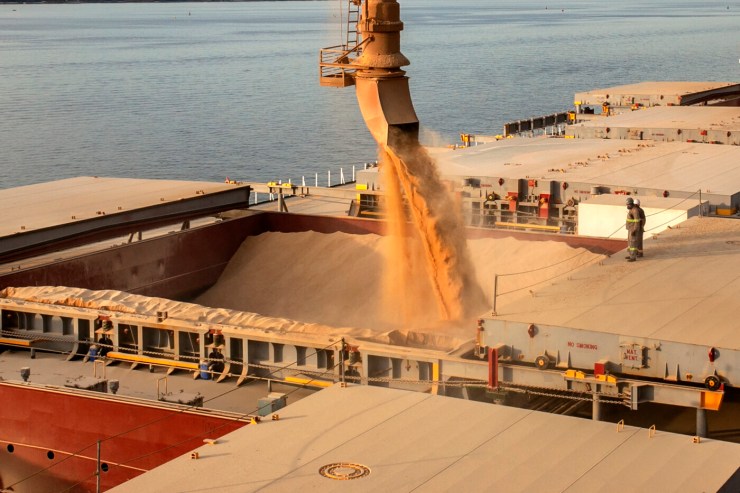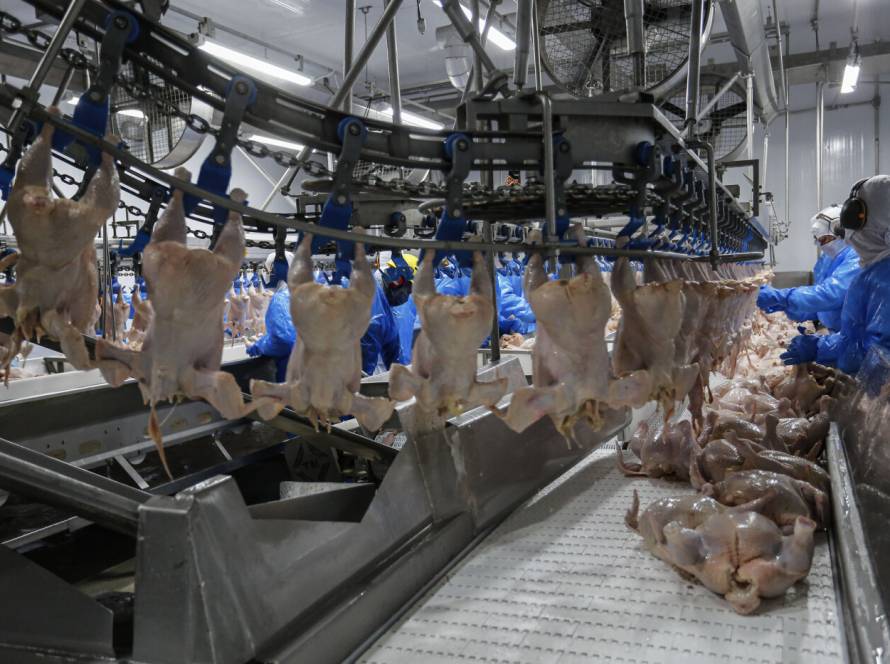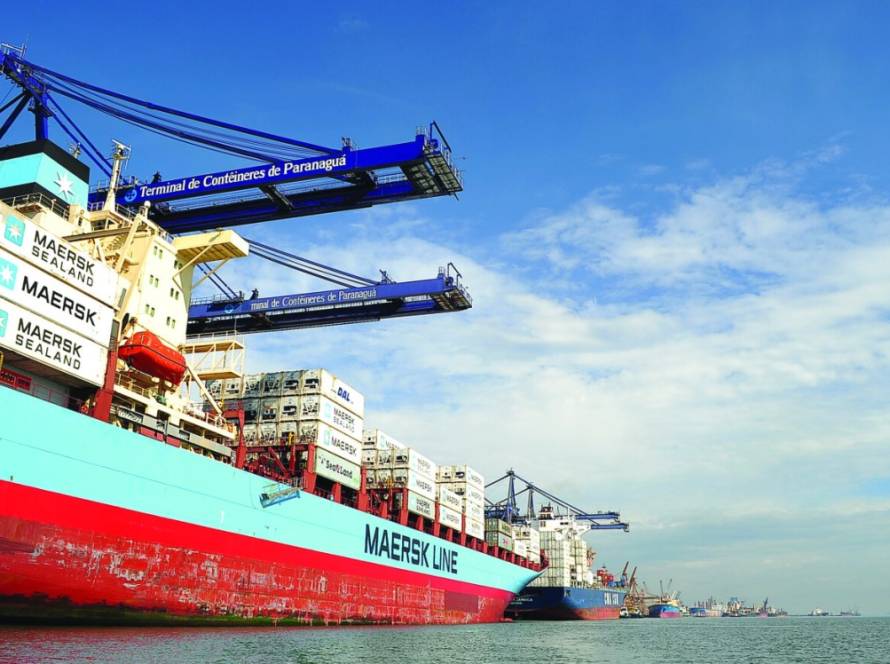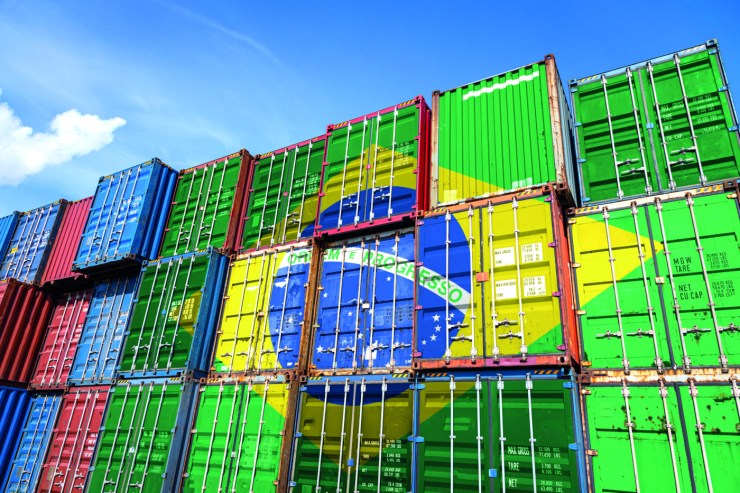The increase in tariffs on Chinese products, announced by the US government, is beginning to shape a new historic reconfiguration in global supply chains. With the surcharges being put into practice, an immediate reaction in the market generates a change in the choice of suppliers based on location and production route, which allows Brazil to increase exports to the United States.
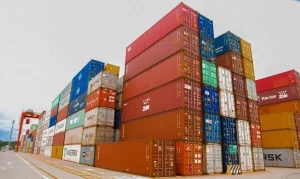
Photo: Vosmar Rosa
This change adds to the positive scenario for agriculture in the country. In January of this year alone, the sector's exports totaled US$1.5 billion, the second highest value in the historical series for the period since 1997, in addition to having achieved the opening of 25 new markets from 2023 to 2025, with emphasis on Suriname, Angola and Costa Rica, according to the Ministry of Agriculture and Livestock.
Furthermore, considering the appreciation of the dollar, investments in logistics and improvements in harvests should further boost agricultural exports.
Therefore, it is important to have the correct visibility of international transactions for future business projections and appropriate decision-making. But how can companies in the sector take advantage of this wave of opportunities and position themselves even more strategically on the global stage, aiming to mitigate risks and maximize opportunities?
To ensure and drive this sustainable growth, the use of technology is crucial. By integrating customs agents and automating import and export processes, it is possible to reduce bureaucracy and tax risks in operations involving the purchase and sale of goods, in addition to ensuring greater traceability and operational efficiency.
Among the regulatory processes involving agribusiness, we can mention the important role of digitalization in
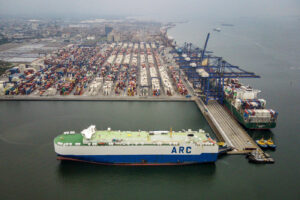
Photo: Claudio Neves
support for special regimes, such as drawback, automating the control of imports linked to exports to generate tax incentives, ensuring an agile and safe logistics flow that meets the demands of local and global markets.
For the purchase and sale of biological products, such as seeds and chemical pesticides, authorizations are required, which can be time-consuming and consume companies' resources. An automated solution, on the other hand, in addition to speeding up these processes, ensures control of price and weight variations of goods, optimizing resources, in addition to promoting accessibility for import and compliance with LPCO (Licenses, Permits, Certificates and Other Documents) requirements.
Another challenge is related to the export of animal products. Meatpacking plants, for example, need to ensure that the entire meat production chain, from slaughter to arrival at the market, complies with international standards, such as the Halal Certificate for Middle Eastern markets, for example. With the support of a digital platform, this process allows complete traceability at each stage of the production of these foods, proving compliance with the required standards.
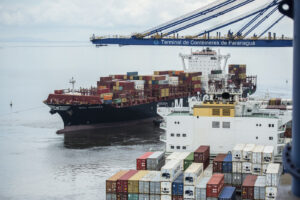
Photo: Disclosure/OPR Archive
In terms of foreign exchange, agribusiness needs to be aligned with all specific regulations in Brazil and exchange rate variations to ensure the correct internalization of foreign currency. Thus, technology allows the control of these processes with the Federal Revenue Service, in addition to automating the issuance of documents such as DUIMP (Single Import Declaration) and DUE (Single Export Declaration).
Technology support for agribusiness not only speeds up import and export processes, but also promotes full compliance with national and international regulatory requirements, generating greater operational efficiency, cost reduction, risk mitigation and, above all, greater competitiveness on the global stage. The result is the guarantee that Brazilian products reach international markets with assured quality, expanding opportunities and consolidating Brazil as one of the main players in agribusiness worldwide.

